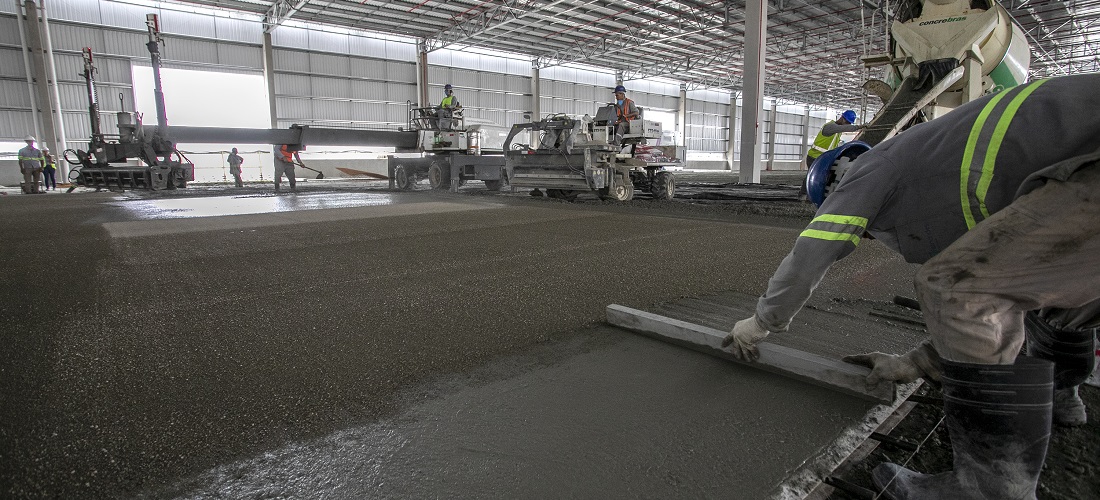
Brazilian pulp exports reach record high, fueling maritime trade growth
Apr, 25, 2023 Posted by Gabriel MalheirosWeek 202320
Maritime exports reached a record high in the first quarter of this year, totaling 164.1 million tonnes, a 7.8% increase compared to the same period last year. The survey was conducted by the Brazilian Association of Private Port Terminals (ATP) and made available on DATaPort, a sector database based on official information. This amount corresponds to BRL 67.2 billion (USD 12.6 billion), a 4.7% increase year-on-year.
According to the DATaPort survey, based on information from the Brazilian Foreign Trade Portal, China, the United States, Malaysia, the Netherlands, and Japan led the ranking of export destinations, respectively.
This increase in exports was driven up by the performance of the pulp sector, which made Brazil the largest exporter of the commodity in 2022. In the first quarter of this year, the largest country in South America set a record for the highest amount exported in history, compared to the same period in previous years. Five million tonnes were exported, representing a jump of 17.5% compared to the previous period. This corresponds to USD 2.3 billion, a significant increase of 33.6%.
Corn is another noteworthy commodity with a significant recovery compared to the first quarter of 2022, with an optimistic outlook for this year. In essence, 9.8 million tonnes were shipped, representing a growth of 178.6%, almost triple the 3.5 million moved in the same period last year.
Source: Monitor Mercantil
To read the original news article, see: https://monitormercantil.com.br/celulose-puxa-exportacao-por-via-maritima/
-
Economy
May, 23, 2024
0
AEB: Argentina’s Economic Woes Impact Bilateral Trade with Brazil
-
Ports and Terminals
Feb, 09, 2023
0
Antaq publishes panel with country’s port administration information
-
Sugar and Ethanol
Oct, 02, 2024
0
“We are negotiating ethanol imports from the United States,” says Ag Ministry top official
-
Shipping
Jun, 08, 2020
0
Navy decides to deal with Stellar Banner shipwreck by sinking it



